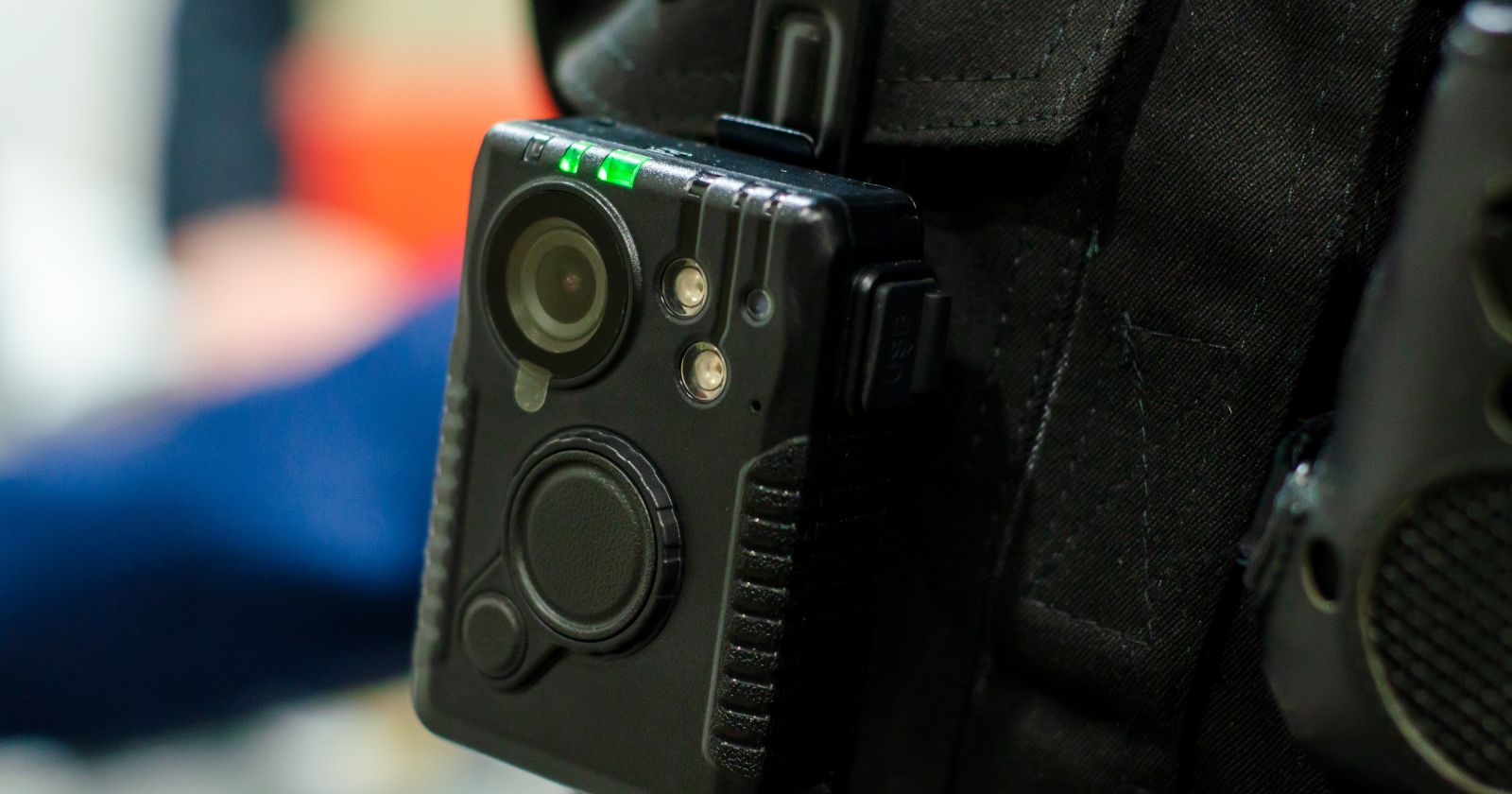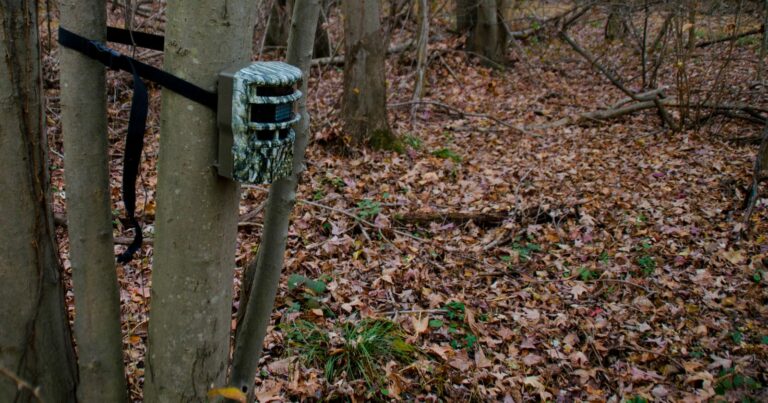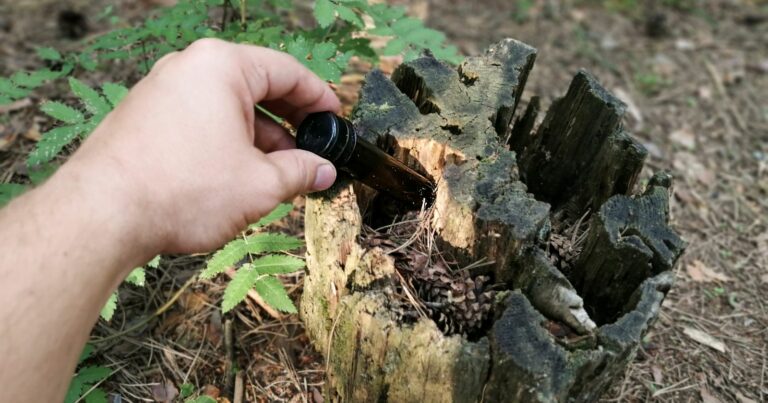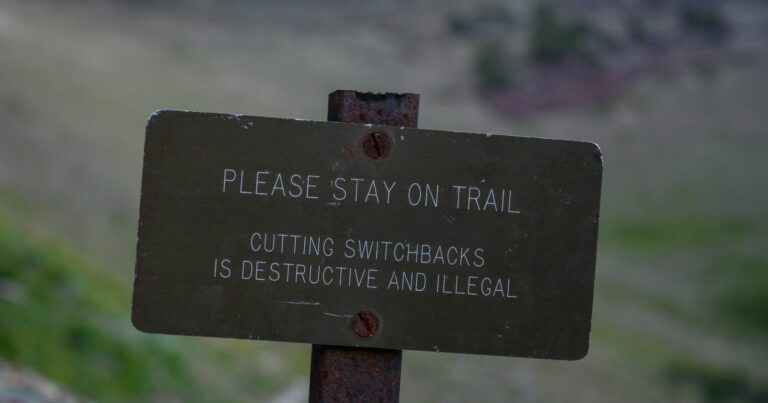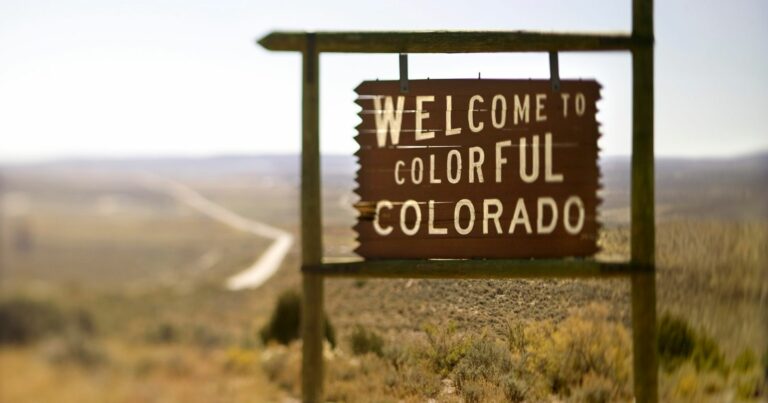Trail Camera Laws – Don’t Get Caught Breaking Regulations!
You finally saved up enough to buy that fancy new trail camera you’ve had your eye on for months. You can’t wait to set it up on your hunting land and start scouting for big buck activity. This camera is going to take your whitetail hunting game to the next level! But before you mount that brand new tech to a tree, make sure you know your state’s laws around trail cameras. Some states restrict their use for hunting, and you don’t want to get slapped with a citation.
Trail camera laws for hunting vary significantly by state. In certain places like Nevada and Arizona, trail cameras are completely prohibited for scouting game. Meanwhile, states like Texas and Georgia allow unlimited use with no restrictions. And to make it more confusing, some states differentiate rules for public versus private land. It’s a complex legal web!
The key is to do your homework before setting up any trail cameras. Carefully review the regulations put forth by your state’s department of fish and wildlife. Ignorance of the law is no excuse. You could lose your hunting privileges for unknowingly breaking trail camera rules!
But don’t let regulatory uncertainty prevent you from utilizing these powerful scouting tools. With a bit of research, you can follow the rules and unleash the full potential of your trail cam. Just think of all the useful intel on travel patterns and trophy-class bucks you’ll capture! So check those state regs, pick legal spots, and start scouting smarter. Your most successful hunting season yet awaits!
Trail Camera Use is Legal in Most States
The good news is trail cameras are completely legal for hunting and scouting purposes in a majority of states. However, there are some usage restrictions you should be aware of:
- Public Lands: Many states limit or ban trail camera use on public lands. This helps level the playing field.
- Private Land: Using trail cams on private land is generally allowed, but you often need the landowner’s permission.
- Nighttime Use: Most states allow 24/7 trail camera operation. But some, like Alabama, prohibit nighttime use.
As long as you follow the rules, trail cameras give you a major edge by revealing deer habits and patterns. But misusing them can get you into legal trouble.
Some States Have Banned Trail Cameras for Hunting
While trail cam use is widely allowed, several states have instituted total bans:
- Nevada – Trail cameras prohibited for scouting game across the entire state.
- Arizona – Game cameras banned for taking wildlife statewide.
- Iowa – Illegal to use trail cams specifically for hunting whitetails.
These strict bans aim to increase fair chase and even the playing field. But they eliminate a key scouting advantage for hunters. Learn the laws before deployment.
Many States Have Partial Bans or Restrictions
Some states take a moderate approach, instituting partial trail camera bans for hunting:
- Utah – Unlawful to use game cameras on public lands during hunting seasons.
- Montana – Illegal to use trail cameras to take game animals on public lands.
- New Mexico – Ban on hunting with the aid of trail cameras on public lands.
- Maine – Prohibits game cameras that transmit images wirelessly.
- Wyoming – Trail cams banned for taking big game, small game, and turkeys.
These regulations allow trail cam usage in some contexts, while limiting their use for hunting. Know the nuances based on season and land type.
Specific Regulations Vary by State
Given the complex patchwork of laws, it’s essential to learn your individual state’s trail camera rules. Here are some examples:
- Colorado: Trail cams allowed on private lands with permission. Banned on public lands west of I-25.
- Wisconsin: Cameras must have owner’s name, address, and DNR customer number attached.
- Mississippi: No hunting with aid of trail camera on public lands during deer season.
- Pennsylvania: It is illegal to use cameras with infrared capabilities to hunt coyotes at night.
Many states also restrict baiting animals and hunting over bait. Since trail cams are often used to monitor bait sites, this can impact their use. When in doubt, contact your state wildlife agency directly.
Best Practices for Following the Rules
Using trail cameras legally and ethically requires some preparation and vigilance:
- Review all regulations thoroughly before deploying cameras.
- Only use trail cameras on lands where you have explicit permission.
- Clearly label all cameras with your name, contact info, and license number.
- Move cameras outside the legal buffer zones if hunting public land.
- Never share photos or videos of game in states where hunting with cameras is banned.
- Remove all cameras by legal deadline, usually by the end of hunting season.
Consequences of Breaking the Rules
Game wardens don’t take kindly to unlawful use of trail cameras. Potential penalties include:
- Citations with civil fines up to several hundred dollars.
- Confiscation of your trail cameras.
- Loss of hunting privileges for 1-3 years.
- Jail time in extreme cases of repeat or intentional violations.
These harsh consequences are not worth the risk. Take the time to learn and follow your trail camera regulations. Smart hunters stay legal!
The Future of Trail Camera Laws
How might trail camera laws change in the future? Some possible developments include:
- More states restricting public land use to ensure fair chase.
- Total bans in additional states due to concerns over technology shifting the balance.
- Requirements for hunter safety courses to cover ethical camera use.
- Expanded seasons and permitting for camera use apart from active hunting.
- Greater enforcement and penalties as camera use grows.
While the future is uncertain, it’s likely laws will evolve to restrict the use of cameras for hunting purposes on public lands. Stay on top of changes to keep your hunting on the right side of the law.
Trail Camera Laws FAQ
Are there any federal laws regarding trail cameras?
No, there are currently no federal laws regulating the use of trail cameras. All rules and restrictions are determined at the state level.
Can I use a cellular trail camera that transmits images?
Laws vary by state. Some places like Maine prohibit wireless transmitting capabilities for hunting uses. Check your regulations to ensure any cellular trail cam usage is legal.
Is nighttime infrared trail camera use restricted?
A handful of states like Alabama ban the nighttime use of game cameras. But most places allow 24/7 operation. Be sure to check nighttime restrictions in your area.
Can I use a trail camera on public land if I’m not hunting?
In most cases, non-hunting recreational use of trail cameras is allowed on public lands with some seasonal restrictions. But check with the land managing agency to be certain.
How are trail camera laws enforced?
Game wardens may periodically check memory cards and inspect camera locations. Illegally placed cameras will be confiscated and citations issued. Harsh penalties apply for infractions.
Conclusion
Trail cameras provide a fantastic advantage for scouting and planning your hunt. But their use is regulated in many states. Don’t let a lack of knowledge about trail camera laws ruin your season. Do your research, follow all regulations, and use cameras ethically on lands where you have permission. Become an informed hunter and use trail cameras effectively within the rules. Good luck out there!

